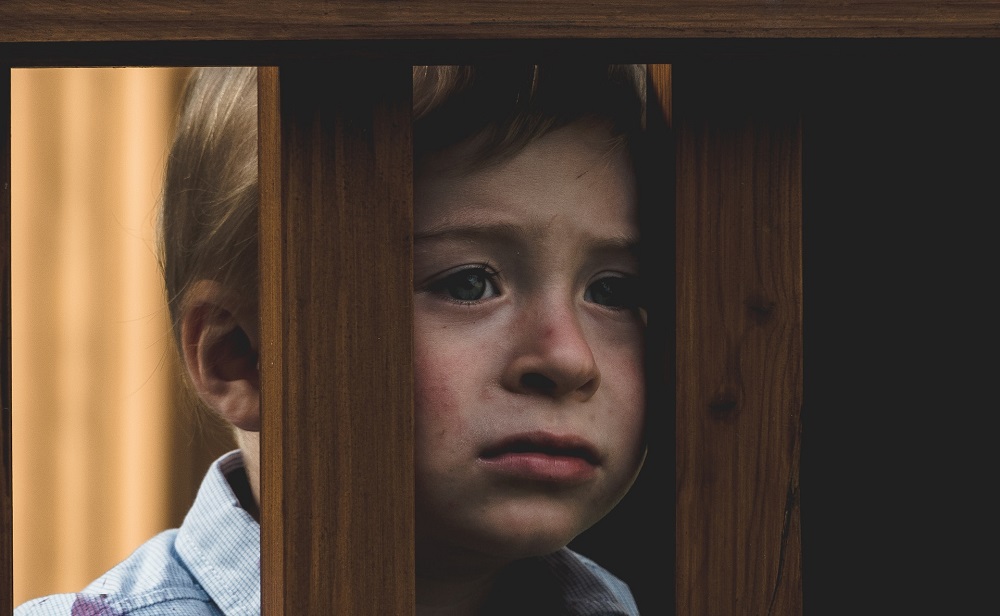Nine of 10 north Wales constituencies above UK child poverty average

Richard Evans, local democracy reporter
Every north Wales constituency but one is estimated to be above the UK average for child poverty, according to a national data website.
Children are deemed to be living in poverty if they live in a household where the income is below 60% of the national average income.
The national average of children living beneath the poverty line is 28.2%.
According to the Welsh Government, the median gross annual earnings for full-time adults is around £32,000.
But the Local Intelligence Hub website lists various statistics on Welsh constituencies, including economic situation, political voting, and levels of poverty.
According to the website, every constituency in North Wales has higher than average levels of child poverty, apart from Alyn and Deeside (28%).
Dwyfor Meirionnydd, Vale of Clwyd, and Ynys Môn are all nearly 10% above the UK average at 37.6%, 37.2%, and 37.2% respectively.
Meanwhile Clwyd West is 35.2%, Arfon 34.1%, Aberconwy 33.4%, Clwyd South 33.4%, Wrexham 33%, and Delyn 30.9%.
Funding cuts
Cllr Liz Roberts is Conwy’s cabinet member for children, families, and safeguarding. Cllr Roberts explained that funding cuts from both the UK and Welsh Governments had affected many areas affecting child poverty, such as the number of parenting classes that were run in previous years – and housing.
Cllr Roberts believes cuts to council budgets have made life tougher for people, but she went on to explain that both poverty and child poverty were complicated, as poorer people faced more obstacles and had less options.
“I live in the community of Dolwyddelan, and we have an unreliable train service. On two Saturdays, the train just didn’t arrive. So you can’t get to work. You can’t get to where you want to get to. So if you want to get to the family centre in Llanrwst, you have to go by car because we don’t have a regular bus service,” she said.
“So if you think of why is North Wales worse than anywhere else, it could even be down to public transport. Everything is interlinked. My heart goes out to people. So poverty is multi-faceted. It isn’t just one thing. It is numerous things put together that make poverty so difficult to deal with.”
Cohesion
Cllr Roberts then suggested there needed to be more cohesion between policies affecting benefits: “But we need more funding for housing, and we need more funding towards primary care,” she said.
“Child poverty is everywhere. It doesn’t matter where you are. I was talking to a family the other day, and they were saying they can’t get Universal Credit, and if they lose one allowance, it means they lose another. They were losing over £200 a month, and I was thinking, where are the policies working together? How can people function when they cut that much from their budget?”
Other statistics also revealed 38% of Aberconwy households had missed a bill in the past six months compared to 27% in Dwyfor Meirionnydd; 32% in the Vale of Clwyd; 30% in Clwyd West; 34% in Delyn; 35% in Ynys Mon; 37% in Arfon; 34% in Clwyd South, Alyn and Deeside 32%, and 40% in Wrexham.
The statistics also revealed that 39% of people in Aberconwy had not been able to turn on their heating when cold, compared to 34% in Dwyfor Meirionnydd, 35% in the Vale of Clwyd, 32% in Clwyd West, 40% in Delyn, 44% in Ynys Môn, 44% in Arfon, 41% in Clwyd South, Alyn and Deeside 40%, and 44% in Wrexham.
Both the Welsh Government and UK Government were contacted for a comment.
You can view the statistical website here
Support our Nation today
For the price of a cup of coffee a month you can help us create an independent, not-for-profit, national news service for the people of Wales, by the people of Wales.








The method used for determining whether or not someone is living in poverty is seriously flawed, misleading and self-defeating.
If, by some miracle, every single person in Wales had their income doubled overnight, the percentage of those “living in poverty” would be exactly the same. It can never be reduced to zero.